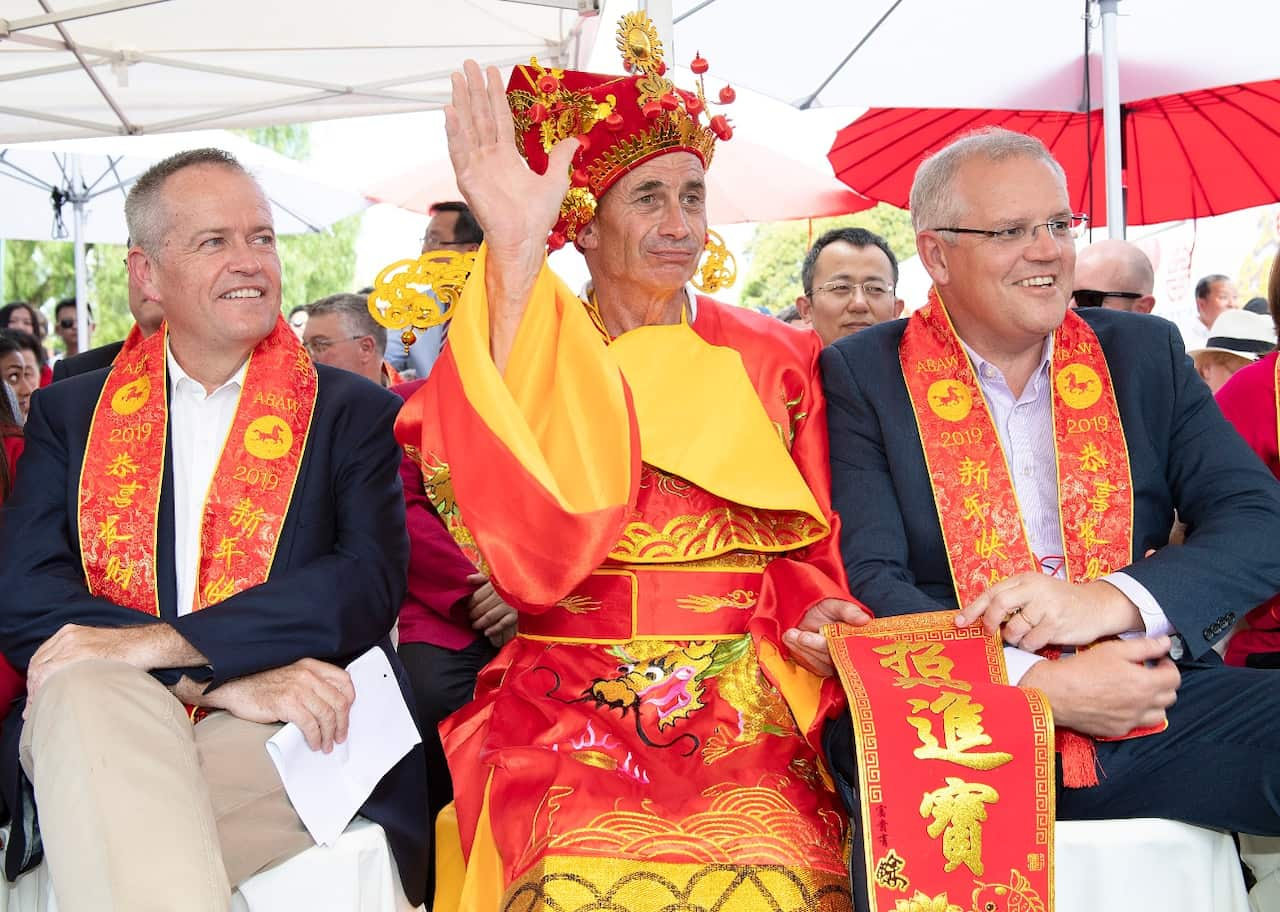As the federal election draws near, SBS Mandarin hosted a poll on its WeChat account, asking Chinese-Australian voters which topics mattered most.
Almost 400 people from across Australia took part in the survey, which focused on ten major topics including healthcare, the economy, immigration and refugees, education, welfare, housing, safety and counterterrorism, employment, the environmental as well as the Australia-China relations.
More than 50 per cent of participants were older than 50 years old, while the majority of the rest fell into the 30 to 50 age bracket.
On a two-party preferred vote, 55 per cent of those polled believed that the Liberal Party would run the country more effectively, followed by Labor at 27 per cent, while a further 11 per cent of voters weren't sure which party would best lead.
This trend differed to the national Newspoll released on Monday, where Labor still leads by 51 to 49 per cent on a two-party preferred basis.
Maintaining a stable economy polled as the highest concern for Chinese-Australians, garnering 14 per cent of the vote, followed by healthcare at 12 per cent.
Immigration and refugees were tied with safety and counterterrorism at 10 per cent, while housing and education were a concern for 9 per cent of those polled.
A surprising outcome was that only 8 per cent of participants considered Australia-China relations as a topic of importance.

Two-party preferred vote in Chisholm
The seat of Chisholm in Victoria has one of the highest proportions of Chinese voters this election.
The seat has two female candidates with Chinese heritage, Labor's Taiwan-born Jennifer Yang and the Liberal Party's Hong Kong-born Gladys Liu.
The winner will become the first Chinese-Australian woman to be elected to Parliament.
Ms Yang said she'd be honoured to claim the title.
"I think it's about time our parliament reflects modern Australia, reflects the diversity of our country," she told SBS News.
19 per cent of participants who took part in SBS Mandarin's WeChat survey live in Chisholm - and of them, 48 per cent said they were backing the Liberal candidate, while 30 per cent were in favour of Ms Yang.

Chinese voters differing from the mainstream
Ipsos' National Issues Monitor found that concern around the environment has reached a record level of 23 per cent in April 2019.
That figure has risen gradually since Tony Abbott was elected prime minister in 2014, where it sat at 8 per cent, to 14 per cent in 2016.
The environment was the topic of least concern in SBS Mandarin's WeChat survey, obtained only 6 per cent of voters.
